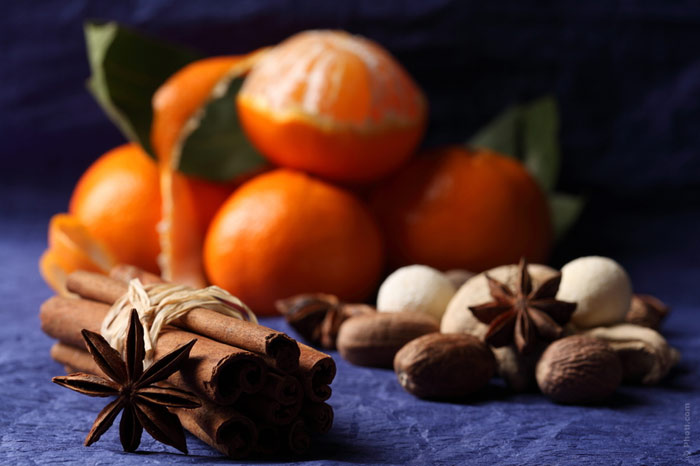Many people are very fond of sweets and other carbohydrate-rich foods, but after the dessert they immediately begin to hate themselves and these products for the extra inches in the waist and the weak abdominal muscles buried under the “carbohydrate layer.” However, we have good news! Carbohydrates are energy, and any energy can be used with benefit and even turned into muscles.

Low-carbohydrate diets tend to work well for weight loss; however, they are not good for everyone. Due to the low carbohydrate content, you may feel tired and sleepy; some people get stomach problems etc.
Can’t we convert carbohydrates into a friend and ally rather than the enemy?
What happens when we eat carbohydrates?
Our body breaks down carbohydrates to the level of monosaccharides (glucose, fructose, lactose, galactose), which can then enter the bloodstream. This leads to an increase in insulin that transports glucose to the cells for storage or use as a fuel, depending upon the needs of the body. If the storage of energy reserves is still full, the body has to redirect the glucose for storage in another place and turn it into fat.
It is ideal, when our body keeps the stocks of glucose exclusively as glycogen, but this process runs in different ways in each person. Fortunately, there are a number of scientific studies and reports that shed light on the problem. It turns out that some natural products can help ensure that the carbohydrate intake does not increase blood sugar levels and does not let the glucose turn into fat deposits.
What helps convert carbohydrates into muscle?
Fenugreek
Fenugreek is an annual plant whose seeds are used for medicinal purposes. In Chinese medicine, it has been regarded for many centuries as one of the best remedies for diabetes treatment. It is also the raw material used to produce the Pasenin drug, which has an anti-sclerotic effect. Modern research has shown that fenugreek lowers blood sugar levels by slowing the rate of digestion of carbohydrates.
As a result of another study, conducted in India, it was found that daily consumption of 100 grams of fenugreek seeds significantly reduces blood sugar levels in diabetic patients. Furthermore, fenugreek is part of some sports food additives for increasing muscle mass, which facilitates proper carbohydrate assimilation by the body.
Lightly roasted seeds and their powder are often used as a seasoning in Indian cuisine, and the leaves are usually added to curries. You can add a little roasted fenugreek seeds to dishes of vegetables, fish or meat.
Banaba leaves or corosolic acid
Corosolic acid is an extract from Banaba leaves. Just as fenugreek, Banaba leaves have been used as medicinal plants and a culinary additive throughout the centuries. Corosolic acid, which is part of the leaves, reduces blood sugar levels immediately after you have eaten some carbohydrates. It slows the rate at which our body breaks down sugars and starches and also improves metabolism. You can get this magic supplement only in the form of biologically active substances.
Before you decide to take additives, it is strongly recommended to consult a doctor or nutritionist, since all of these drugs have contraindications!
Cinnamon
New research shows that cinnamon not only lowers blood sugar, but also reverses type 2 diabetes. This is due to the fact that cinnamon imitates insulin in the body, thereby improving the sensitivity of your cells to it. A study found that a month after the inclusion of cinnamon in the diet, there was a decrease in glucose by 18-29%. The experiment involved 60 men and women.
The acceptable dose of cinnamon for diabetics is no more than one teaspoon a day. It is also desirable not to abuse this spice, if you are a pregnant or lactating mother, suffer from high blood pressure or have problems with the liver. It is also not recommended to children under three years.
Bitter melon (Momordica)
Another medicinal plant from the East is bitter melon, or momordica. It is known for the ability to lower blood sugar levels and simultaneously increase the body’s sensitivity to insulin. It suppresses the appetite and increases glucose tolerance. This means that eating bitter melon reduces the chance of getting type 2 diabetes by two times.
Since momordica is an exotic fruit in our latitudes, it can be obtained in the form of dietary supplements. Make sure that you do not have contraindications to their use.










